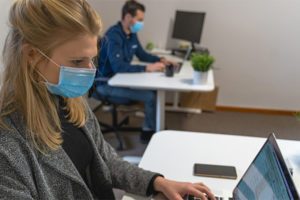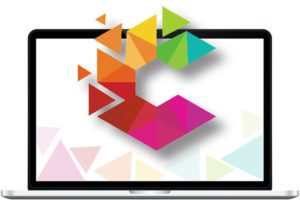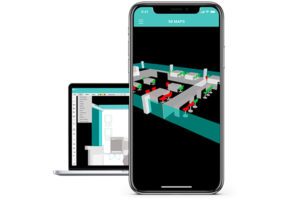Two years into the COVID-19 pandemic,it is becoming clear that our professional lives have changed permanently.
Many of us haven’t returned to our offices in several months, and some may even now choose never to return.
Working remotely is obviously not new, but it’s undeniable that the pandemic has made more people comfortable with the concept. Contrary to what some seem to believe, this aversion to the office is not necessarily a problem. At the end of the day, workers don’t need to be grouped together every day in centralized locations just because that’s how we used to do it.
If the office is to become useful again, it will have to change. We have a unique opportunity to reinvent the workplace as something friendly, even attractive, for our employees.
Don’t get me wrong: employee expectations have changed during COVID-19. One study showed that 73% of workers want remote work to continue after the pandemic is over. Another estimated that 22% of the U.S. workforce will be fully remote by 2025.

This new way of working has tangible benefits, including better work-life balance, less travel, greater productivity and better mental health.
Some forward-thinking companies have adopted it. Twitter, Shopify, and LinkedIn are among those that have embraced a remote work model,essentially allowing employees to work from home forever.
Of course, some leaders still expect that once the COVID-19 pandemic is over, the workplace will return to normal, with employees entering the office in the same number as before.
In short, what to do with the office?
What is its role and how can it be redone?
How could it benefit both the company and the employees? Here are the answers we will have to answer.
Reinvent the workplace
The workplace must evolve to serve employees first. Companies have spent the last decade and a half thinking about how toimprove the customer experience.
Now is the time to improve theemployee experience. A key part of this approach will be to reinvent the office as a meaningful, even fun place.
We know that the immobile office has its uses. While employees enjoy working remotely,most also recognize that some important activities can only take place in a collective space,such as courting new customers, networking with colleagues, or building team spirit.
While apps like Zoom and Teams make communication easier, no technology can ever replace face-to-face conversations and contacts.
But the fact that so many people still fear getting into work, whether it’s because of commuting, the atmosphere in the office, or seasonal challenges like children’s school or bad weather, means that tangible incentives need to be created to attract employees, even if it’s only part-time.

Let employees and management take the lead
What can you do to make the office more welcoming?
Whether it’s setting up a bar, designing collaborative spaces, or keeping unallocated offices so employees can move around as they please, let management and employees imagine together what their new workplace will look like.
Give them the autonomy to determine what works best for them without having to ask permission at every step.
We call it the “messy environment”: the hybrid model that allows employees to balance their remote and office schedules to take advantage of both and ideally avoid the disadvantages of one or the other. Refusing to take this step means you risk losing your best talent, and with the so-called big resignation still in full swing, companies need to prioritize maintaining the satisfaction of current employees.
Entrenched business habits need to change. Employers will need to provide employees with the tools they need to succeed in hybrid work,potentially including hardware: from laptops to video conferencing applications.
This reinvention process can also help managers find new ways to best organize what is surely going to be a smaller desktop footprint.
After all, why pay the rent for 1,000 offices if only a few hundred employees will be there at the same time?
It should be noted that the word “office” is derived from the Latin “officium”, which means “the performance of a task”. The irony for our time is that the pandemic has shown that some critical tasks are not performed better in the office, but elsewhere.
Let’s make the office a place where employees may only come occasionally, but are always thrilled to be there when they do.
Source: https://bit.ly/3Ijsqyu
Clebex Swiss optimizes your workspaces
A workspace that is constantly evolving and that meets the needs of companies is the future. Clebex Swiss is the solution.

Application using artificial intelligence for workspace management, Clebex Swiss offers advanced and highly secure technical solutions.

Simple, fast and adaptable, the Clebex application brings you the best experience by taking care of the management of all your spaces: workspaces, catering, events …
Clebex set up in Switzerland, in Geneva, in 2021. We develop partnerships with Swiss companies to promote the application of space management.
By becoming a partner or reseller, you actively participate in the development and marketing of Clebex.
Are you interested? Contact us.

